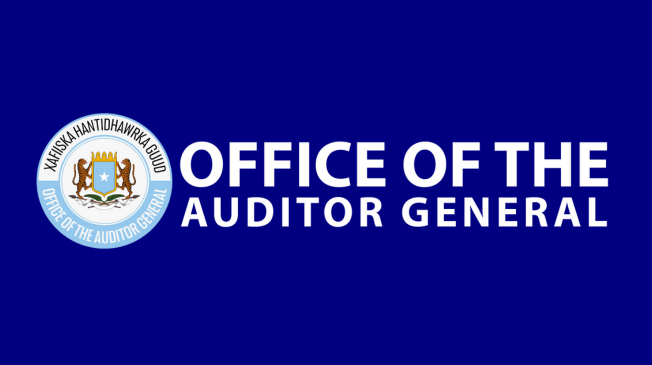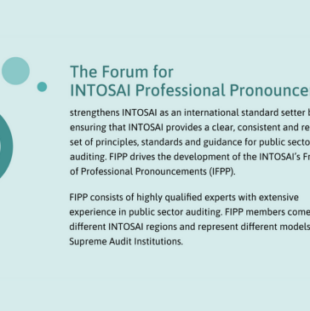SAI Somalia Welcomes Landmark Audit Legislation

In a groundbreaking achievement, the President of the Federal Republic of Somalia, Dr. Hassan Sheikh Mohamud, signed a new federal audit bill into law on September 10th, 2023. This historic milestone marks a much-anticipated departure from the previous, outdated legislative framework which had regulated the functions of the Office of the Auditor General Federal Republic of Somalia for 52 years.
The roots of this significant legislative change can be traced back to 1962, when the first regulations for the Office of the Auditor General of Somalia were established under the Public Financial Management (PFM) Law. Afterwards, a legislation specifically designed to govern the Auditor General’s office, Law No. 34 of 1972, came into effect. However, it fell short of granting full independence to the institution.
The journey towards establishing a 21st century audit framework in Somalia faced multiple challenges. Initial attempts in 2015 to establish a legislation were approved by Parliament, but rejected by the President. A renewed effort in 2020 led to another parliamentary approval, but without Presidential assent. In March 2023, the incumbent President, Dr. Hassan Sheikh Mohamud, jumpstarted the legislative journey by sending the Bill back to Parliament. This set in motion a comprehensive revision process by the Cabinet of Ministers, and subsequently, the Parliament, where it was successfully passed. Ultimately, on September 10, 2023, the President signed the Audit Bill into law, marking a pivotal moment for OAG Somalia.
The new Audit Law represents a remarkable achievement in terms of advancing accountability and transparency in Somalia. Under its provisions, the Office of the Auditor General gained autonomy in critical areas, including staffing, operations, and budgets. The Office will be accountable to Parliament for reporting and is subject to audits conducted by Somalia’s public accounts committee known as the Budget and Finance Committee (BFC).
A noteworthy improvement within the new legislation lies in the processes governing the appointment and removal of the Auditor General. In contrast to the previous Law (No. 34), which vested appointment authority solely in the President, the new Law (No. 14) introduces a more structured system. Under this law, the Council of Ministers will recommend candidates for the position of Auditor General to Parliament, after which the President will issue a final decree. The removal procedures of the Auditor General, under this law, will see determination being reached by an Advisory Committee appointed by the President. This committee’s members will include chairs of the Upper and Lower Houses’ Budget and Finance Committees, two incumbent Supreme Court justices, Chairperson of the Association of Somali Accountants, Chairperson of the Somali Bar Association and Chairperson of the union of Somali Civil Society organizations referred to as the ‘Somalia Non-State Actors’. This arrangement aims to ensure a balanced approach to the removal process.
The enactment of the Federal Audit Law (No. 14) ushered in a new era of transparency, accountability, and institutional independence. This development reflects the Somali government’s commitment to strengthening governance and ensuring the effective oversight of public finances, ultimately contributing to the country’s socio-economic development and stability.





